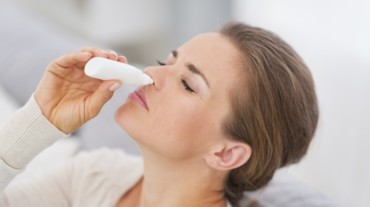
Air pollution is now recognised as the single biggest environmental threat to human health. According to the World Health Organisation (WHO), ambient air pollution accounts for an estimated 4.2 million deaths per year due to a variety of diseases caused or exacerbated by the air we breathe. The air we breathe is filled with polluting particulate matter and a host of viruses and bacteria – many of which are causes of health concerns, including those related to nasal hygiene.
Air impurities enter the respiratory system via inhalation, causing various health effects in all age groups. The health of susceptible and sensitive individuals (pregnant women, kids, elderly and people with severe disorders) can be impacted even on low air pollution days.

Short-term exposure to air pollutants is closely related to cough, shortness of breath, wheezing, asthma, and other respiratory disease, with high rates of hospitalization. Long-term exposure to these also lead to severe conditions like lung diseases, heart disease and central nervous system dysfunctions.
Your nose is a passage to various air impurities. Hence, it is important to take care of your nose. Air impurities like allergens, pollutants, bacteria or viruses may enter the nose and get trapped, leading to adverse health implications.
Antioxidants, fibre, protein and polyunsaturated fatty acids (PUFAs) may help you beat the effects of air pollutants.
Also, read: Can air pollution increase your risk of having a stroke? A doctor clears the air
Saline sprays wash out the impurities and debris trapped in the nasal passage. It also supports natural nose functions.

Take care of your nose and practice nasal hygiene regularly to breathe cleaner.